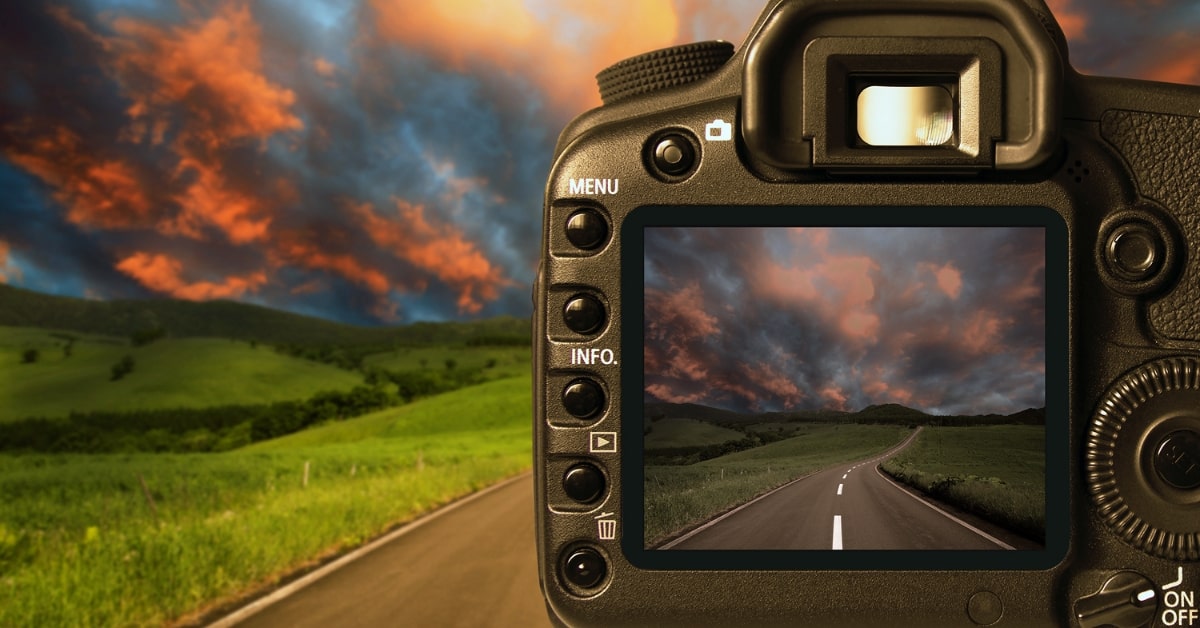In the realm of photography, capturing the perfect shot is only the beginning. The true magic often happens during camera editing – a transformative process where raw images evolve into stunning visual masterpieces. In this comprehensive guide, we’ll explore the nuances of camera editing, shedding light on the tools, techniques, and creative processes that turn ordinary photos into extraordinary works of art.
The Essence of Camera Editing
Camera editing is the process of refining and enhancing photographs to achieve desired visual effects, correct imperfections, and add a personalized touch. It involves utilizing editing tools and software to adjust various aspects of an image, such as exposure, color balance, sharpness, and composition, to bring out the photographer’s intended vision.
Key Elements of Camera Editing
- Exposure Adjustments: Fine-tuning exposure is a fundamental aspect of camera editing. Balancing highlights and shadows ensures a well-exposed image with optimal brightness and contrast.
- Color Correction: Camera editing allows photographers to adjust the color balance, saturation, and tone of an image. This ensures lifelike and vibrant colors that accurately represent the scene.
- Cropping and Composition: Reframing and cropping images contribute to better composition. Camera editing tools enable photographers to enhance the overall structure and focus of their shots.
- Sharpening and Detail Enhancement: Enhancing the sharpness and details of an image adds clarity and depth. Camera editing tools provide options to sharpen specific areas, emphasizing important elements within the frame.
- Creative Filters and Effects: Many camera editing applications offer a range of creative filters and effects, allowing photographers to experiment with different styles and moods for a unique visual impact.
Choosing the Right Camera Editing Software
Selecting the appropriate camera editing software is crucial for achieving the desired results. Here are a few popular choices:
- Adobe Lightroom: Known for its intuitive interface and powerful editing tools, Lightroom is a favorite among photographers for its non-destructive editing capabilities and seamless integration with Adobe Photoshop.
- Capture One: Renowned for its exceptional color grading and tethering capabilities, Capture One is a professional-grade editing software that caters to the needs of commercial photographers and advanced enthusiasts.
- Snapseed: A mobile-friendly option developed by Google, Snapseed offers a user-friendly interface with a wide range of editing tools, making it a popular choice for on-the-go editing.
- Darktable: An open-source alternative, Darktable provides advanced editing features for photographers who prefer a free and community-supported platform.
Elevating Your Photography with Camera Editing
- Experiment with Styles: Use camera editing to experiment with different editing styles and effects. Develop a signature look that sets your work apart and communicates your artistic vision.
- Learn from Others: Explore tutorials, online communities, and photography forums to learn new camera editing techniques. Understanding how others approach editing can inspire fresh ideas for your own work.
- Regularly Update Skills: Camera editing software is continually evolving. Stay informed about updates, new features, and emerging trends to keep your editing skills sharp and up-to-date.
FAQs
Do I need advanced technical skills for camera editing?
While some aspects of camera editing may require technical knowledge, many editing tools are designed to be user-friendly.
Can I edit photos taken with a smartphone using camera editing software?
Yes, many camera editing applications are compatible with smartphone photos. Popular apps like Snapseed and Lightroom have dedicated mobile versions that allow users to edit photos directly on their smartphones.
How does camera editing impact the authenticity of a photograph?
Camera editing allows photographers to enhance the visual appeal of their images, but it’s crucial to strike a balance. Overediting can compromise the authenticity of a photograph, so it’s essential to retain the essence of the original scene.
Can I revert changes made during camera editing?
Most camera editing software supports non-destructive editing, allowing users to revert changes or start afresh. This feature ensures that the original image remains untouched, and adjustments can be undone or modified at any time.
Conclusion
In the realm of photography, camera editing is a powerful tool that empowers photographers to transcend the limitations of the camera lens. Whether you’re a professional or a hobbyist, mastering the art of camera editing opens up a world of creative possibilities, allowing you to express your unique vision and deliver captivating visual stories.
This page was last edited on 5 March 2024, at 9:27 am
